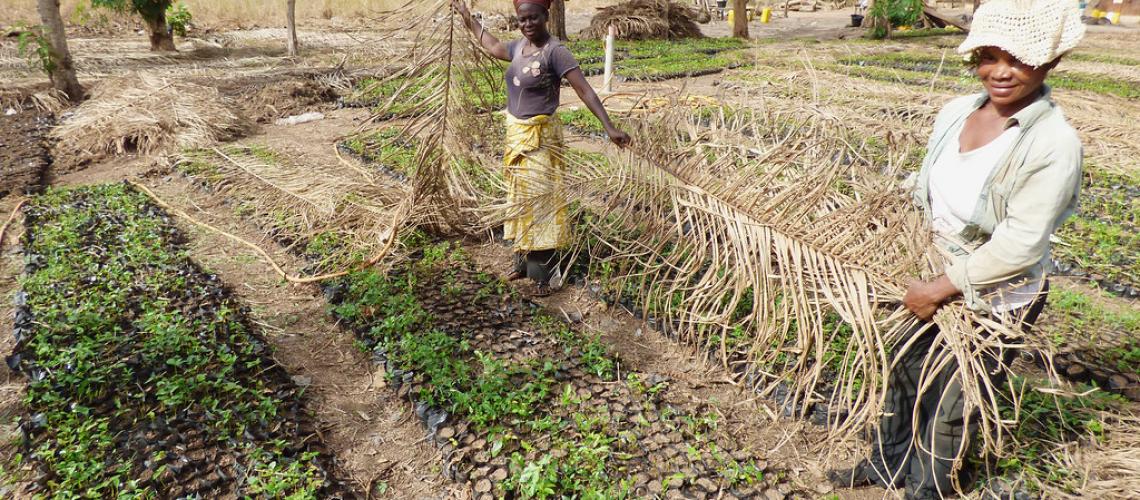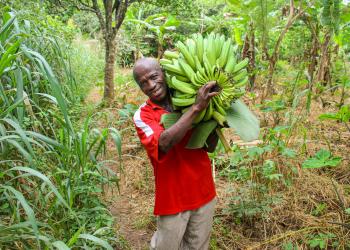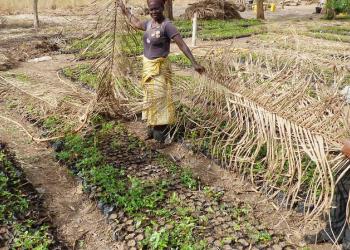
Ghana is prone to floods, coastal erosion, epidemics and droughts. Micro seismic studies indicate that southern Ghana is prone to earthquakes. In 2007, severe floods hit the northern parts of Ghana causing human fatalities and infrastructural damage. Climate change in Ghana is projected to affect its vital water resources, energy supplies, crop production and food security. With its three northern regions the most vulnerable, Ghana is already experiencing increased extreme weather conditions with higher incidences and more prolonged periods of floods and droughts.
In 2010, at the request of the Resident Coordinator, CADRI provided support to the Government by participating in the Strategic Partnership for Preparedness (SPP) National Response Capacity Assessment, a project aimed at building on a diversified partnership at global, regional and national level by providing a holistic approach and methodology in assessing and developing national capacity for effective response. The SPP National Response Capacity Assessment was conducted in October 2010 by a multidisciplinary team with experts in the areas of disaster management, emergency preparedness, response and disaster risk reduction (DRR). The recommendations and priority activities of the SPP Assessment were incorporated into the National Plan of Action for DRR and Climate Change Adaptation (2011-2015) was developed by the Government with support from CADRI. The National Plan of Action is currently under implementation by the Government and key partners.
In July 2022 and October 2022 respectively, a scoping mission and a capacity diagnosis mission were conducted in Ghana, focusing on evaluating the country's systems for Disaster Risk Management (DRM), Disaster Risk Reduction (DRR), and Climate Change Adaptation (CCA). This engagement was initiated following a request from the National Disaster Management Organization (NADMO) to the UN Resident Coordinator in June 2022, aiming to enhance Ghana's DRR strategy, develop a capacity building plan, and create a multi-hazard contingency plan.
By April 2023, an initial draft of the report was presented to the Ghanaian government. However, due to conflicting national activities, the process of validating the report experienced delays.
In August 2024, the CADRI Partnership, in collaboration with NADMO, presented and validated the capacity diagnosis report.The key recommendations aimed to strengthen preparedness and response across priority sectors, with an emphasis on addressing the uneven impacts of climate change and ensuring no one is left behind. In early 2025, an accompanying policymaker’s digest was published and disseminated.
 ENGLISH
ENGLISHGhana Capacity Diagnosis Report
26 Aug 2024 English
EnglishGhana - National Plan 2011-2015
15 Oct 2010 English
EnglishGhana - Capacity Diagnosis Report
1 Oct 2010
